by Reg Zatrepalek, Director of FPGA and SoC Workshop Solutions, 2RTP Inc.
Want to QuickStart your AMD SoC FPGA design?
As FPGAs continue to evolve, designs are becoming increasingly complex. Designers are now faced with the task of not only understanding programmable logic implementation and timing closure, but also any combination of system architecture, embedded software design, digital signal processing (DSP) design, radio frequency (RF) design, high speed signal integrity, and any number of protocol and interface specifications.
Add to that list system partitioning and verification, and you now have the complexity of an entire board on a single device. Understanding all the various tools, flows, and optimization methodologies can quickly become overwhelming. The days of sitting at our desks and completing a programmable logic design are a fading memory.
Fortunately, there are many resources to help you with these challenges. With a few quick internet searches, designers can find a library of documentation, reference designs, snippets of code, intellectual property (IP), application notes, and white papers. Unfortunately, many of these documents may be flawed, incomplete, full of assumptions, or take serious effort to fully comprehend. This does not consider the amount of time required to find, sift through, and digest all the useful information.
Help is available
A new program has been introduced by AMD called Coaching Service Provider (CSP). As a pilot under the CSP program, we are pleased to introduce QuickStart. The QuickStart solution, is comprised of three components:
• Customized learning workshops
• Xpert-on-Demand
• Board-on-Demand
The QuickStart program is specifically designed to aid during the conception, startup, or critical phases of any project. The learning workshops are all tailored to meet the exact needs of your design team and can cover any AMD design topic, including the following:
• Advanced programmable logic
• Embedded design
• Algorithm acceleration
• System design
• Verification
• High speed signal integrity/power integrity
• Backplane architecture and design
Workshops are typically two to three days and may be followed by Xpert-on- Demand support to assist with coding, verification, and implementation tasks. This combination maximizes performance through a better understanding of advanced and proven FPGA design techniques. The result is enhanced productivity leading to faster time to production and decreased time to revenue.
Meanwhile, Boards-on- Demand provides users with access to a wide range of evaluation hardware on a subscription basis that can be accessed remotely to validate designs or assess design performance. This saves the expense of purchasing evaluation boards while at the same time providing the opportunity to target a variety of different hardware platforms and device architectures to determine the best target architecture for your product.
Design scenarios
There are a variety of different scenarios that will benefit from this program. Designers who are new to FPGA or SoC FPGA design can quickly learn the best techniques and methodologies to become efficient with AMD tools and software. The workshops are structured
to build on a user’s existing knowledge and minimize repetition. The agenda for any workshop could start as a comprehensive overview
for new users; introduce new methodologies, concepts, and disciplines to an experienced team going into unfamiliar territory; or focus
on some specific aspect of any device or design challenge. Designers with several years of experience will quickly learn that “they don’t know what they don’t know” and will be exposed to advanced capabilities in the design process.
Anyone who has performed a Google search for AMD SoC FPGA information will be aware that there is an overwhelming amount of documentation and resources available. Sifting through all this information and selecting the most relevant references can be a daunting task. Workshops will help zero in on the most important strategies and methodologies for success. Often a team is under pressure to meet schedules and doesn’t have the available time to read information that isn’t pertinent to the task at hand. There is always the need to come up to speed quickly or find an answer to a specific problem without getting sidetracked. The combination of workshops and seasoned experts available to answer your questions and provide guidance will keep your projects on time and on budget.
How to get started
The QuickStart process is quite simple. Any non- disclosure agreements (NDAs) and purchase orders (POs) are resolved early in
the engagement so as to eliminate additional delays when help is required quickly. An initial meeting will identify the capabilities and needs of the team, and then a workshop agenda will be developed and AMD experts with the required skills will be assigned to the project. The workshop forms the foundation for providing designers with the knowledge to understand the complexities of AMD devices and to help navigate through the design tools quickly and efficiently. The Xpert-on-Demand expands on that foundation by providing mentors or coaching to help keep the design on track. When help is needed, these expert resources simply bill against a bank of hours in the previously established PO.
The QuickStart program eliminates obstacles and ensures expert help is quickly and readily available for continued project success.
Summary
All of the workshop specialists and expert design leaders are former AMD applications engineers (AEs). These QuickStart professionals act as an extension to your team, supplying knowledge and dedicated resources whenever you need them most.

